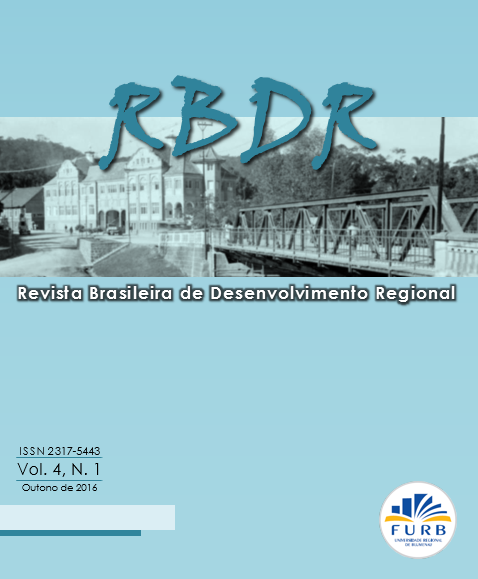Expulsion from paradise
DOI:
https://doi.org/10.7867/2317-5443.2016v4n1p006-029Keywords:
Individualism, modern economy, private interests, private wealth, State.Abstract
This work aims to uncover the germination period of the modern economic thought. At the end of this period it appeared as “Politics Arithmeticâ€, a calculation to the King’s service, knowledge for the State. It shows the development of the opposition between man and the city, the private interest and the polis, which has already manifested in the Greek world. In this context of ruptures that lead of Thomism/holism to atomism/modern individualism, the economy leaves the social web and takes its present face, imposing the dynamic conflict in which the private enrichment is emancipated and opposed to the public interest. Thus, expels from Paradise – not by any transcendent angel, but by fortuitous consequences of human history – and attached to the life of scarcity (a concept derived from the economic-theological conception that professes the infinite insatiability of human desire), the economy will perform as dismal science. It seeks responding to the growing tensions generated, and to reconciling them, that Adam Smith will lift his “Wealth of Nationsâ€, centered on the metaphorical and epiphanic concept of the invisible hand. Among the factors driving this process, three of them will be examined here.
JEL-Code | D31; B50; P17.Downloads
Downloads
Published
How to Cite
Issue
Section
License
Os direitos autorais para textos publicados na Revista Brasileira de Desenvolvimento Regional são do(a) autor(a) e co-autor(a/es), com direitos de primeira publicação para a revista. Por aparecerem neste periódico de acesso público, os textos são de uso gratuito, com atribuições próprias, em aplicações educacionais e não-comerciais. A RBDR permitirá o uso dos textos publicados para fins não-comerciais, incluindo o direito de envio para bases de dados de acesso público. Os textos publicados são de integral e exclusiva responsabilidade do(a) autor(a) e co-autor(a/es).
• O(a) autor(a) e co-autor(a/es) autoriza(m) a publicação do texto na revista;
• O(a) autor(a) e co-autor(a/es) garante(m) que a contribuição é original e inédita, e que ela não se encontra em avaliação em outra(s) revista(s);
• A revista não se responsabiliza pelas opiniões, ideias e conceitos emitidos nos textos, por serem de inteira responsabilidade do(a) autor(a) e co-autor(a/es);
• É reservado aos editores o direito de promover ajustes textuais e de adequação do texto às normas de publicação;
• O(a) autor(a) e co-autor(a/es) declaram que o texto não é objeto de quaisquer conflitos de interesse.





